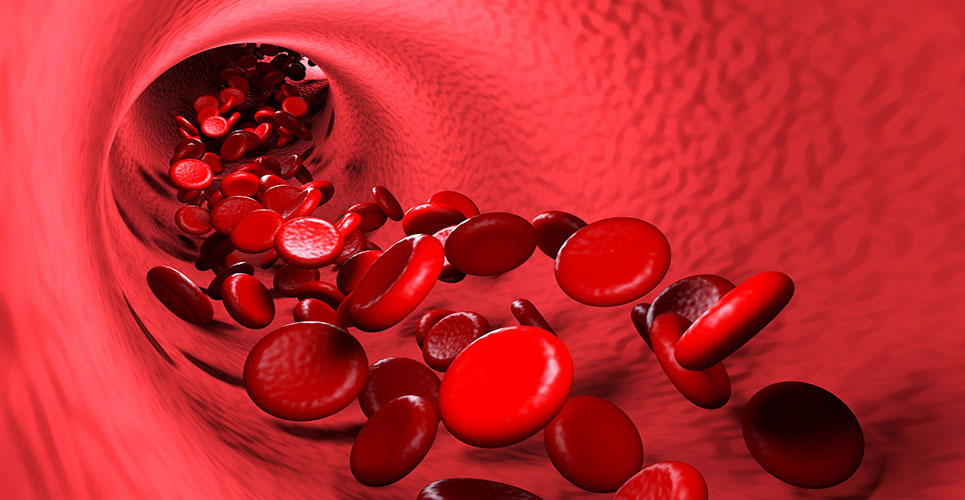teaser
Results from a phase I study presented today at the 14th Congress of the European Hematology Association demonstrate that vorinostat, Merck Sharp & Dohme’s oral histone deacetylase (HDAC) inhibitor, in combination with lenalidomide and dexamethasone, is well tolerated and clinically active in the treatment of patients with relapsed or refractory multiple myeloma.
The study was primarily designed to determine the maximum tolerated dose of the combination regimen. “These findings provide additional early evidence of the potential of vorinostat in patients with advanced multiple myeloma, a devastating disease that frequently relapses,” said David Siegel, chief of the Division of Multiple Myeloma at Hackensack University Medical Center.
“Larger, ongoing studies will help to further characterise the profile of vorinostat in this setting.” The study’s primary objective was to determine the maximum tolerated dose of vorinostat in combination with lenalidomide and dexamethasone.
Patients were administered one of five escalating doses of the combination regimen. The trial also assessed the safety, tolerability and clinical activity of this three-drug combination. To date, the maximum tolerated dose has not yet been reached. No dose limiting toxicities (DLTs) were observed in evaluable patients sequentially accrued to dose levels 1, 2, 3, and 4. One patient in dose level 5 experienced a DLT of Grade 3 diarrhoea. DLT evaluation is ongoing in one patient enrolled in dose level 5.

Seventeen of the 21 patients enrolled in the trial to date were eligible for evaluation of response, as measured by European Blood and Marrow Transplantation Group criteria. Of these patients, 13(76%) experienced a clinical benefit on treatment 1, including one complete response, 6 partial responses, 3 minimal responses and 3 instances of stable disease. Ten out of 13 patients had received prior lenalidomide or thalidomide therapy.
The most common Grade 1/2 adverse events (AEs) observed in the study were diarrhoea (43%, n=9), fatigue (43%, n=9), anaemia (33%, n=7) and hypomagnesaemia, or low levels of magnesium in the blood (33%, n=7). The most common Grade 3/4 AEs were diarrhoea and neutropaenia (both 14%, n=3).
Vorinostat belongs to a new class of targeted anticancer agents called histone deacetylase (HDAC) inhibitors, which are therapies being developed for the treatment of cancer. In some cancer cells, excess amounts of the enzyme HDAC prevent the activation of genes that control normal cell activity. Vorinostat is believed to decrease the activity of the enzyme HDAC which allows for the activation of genes that may help to slow or stop the growth of cancer cells.
